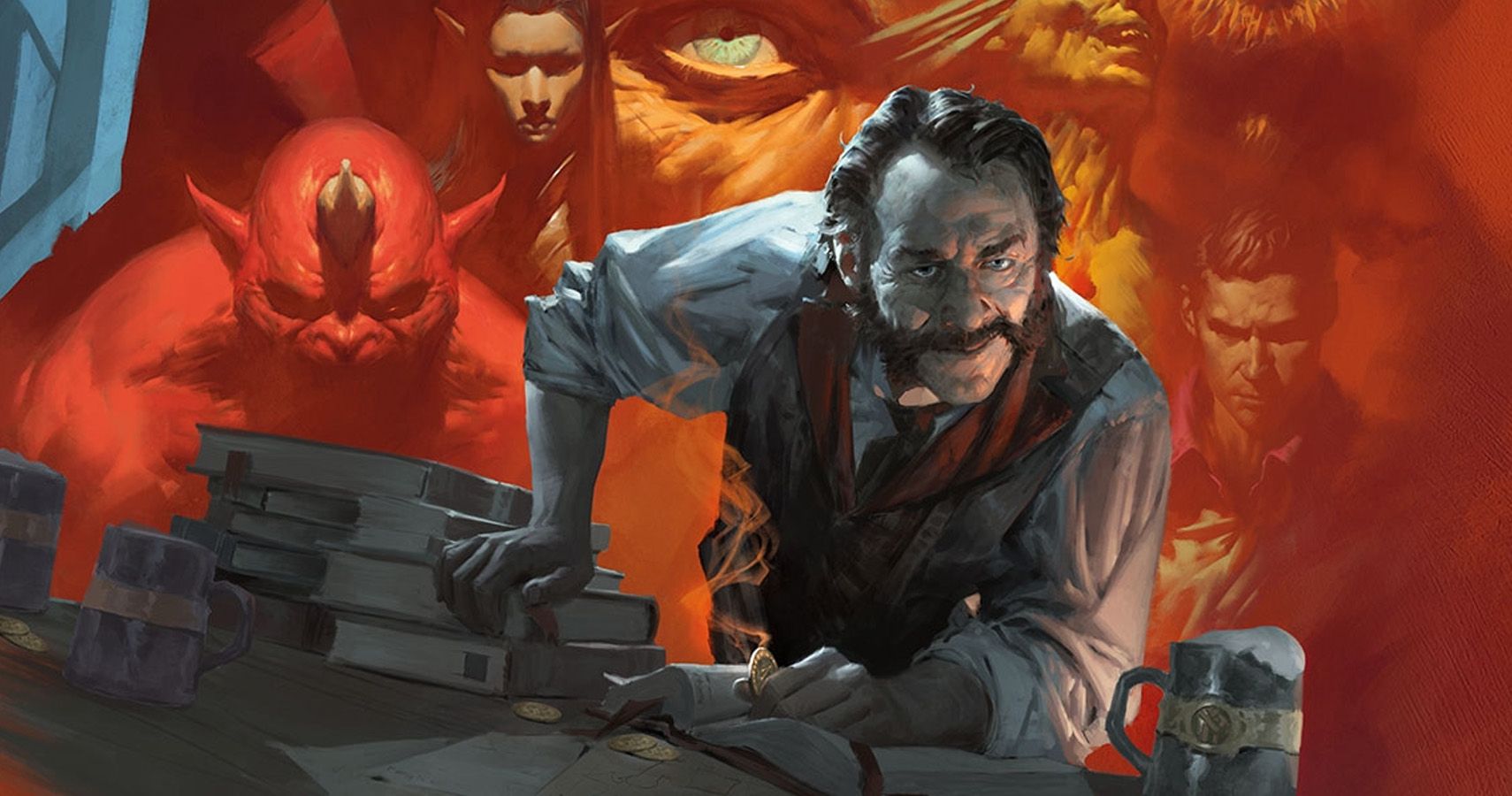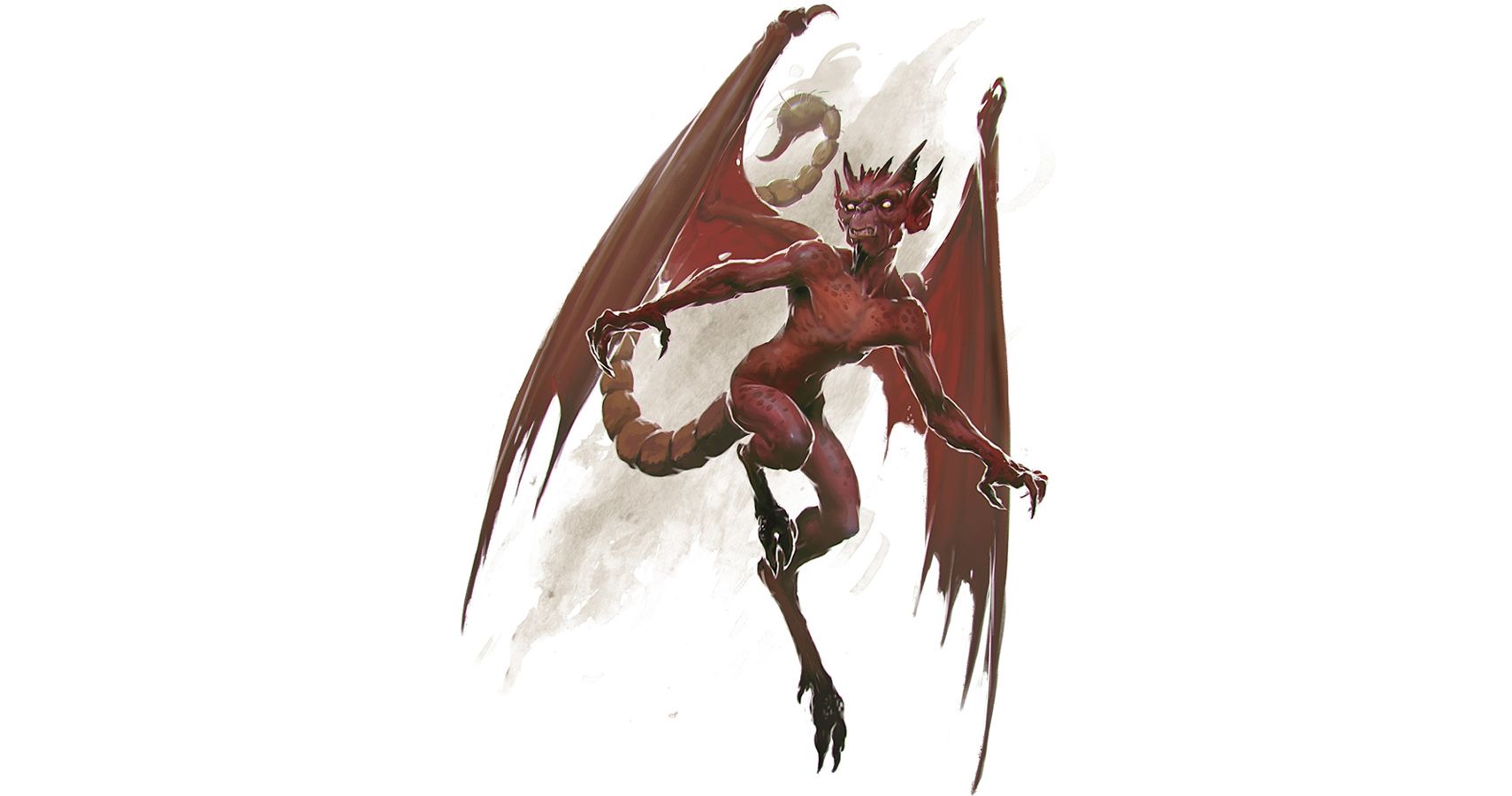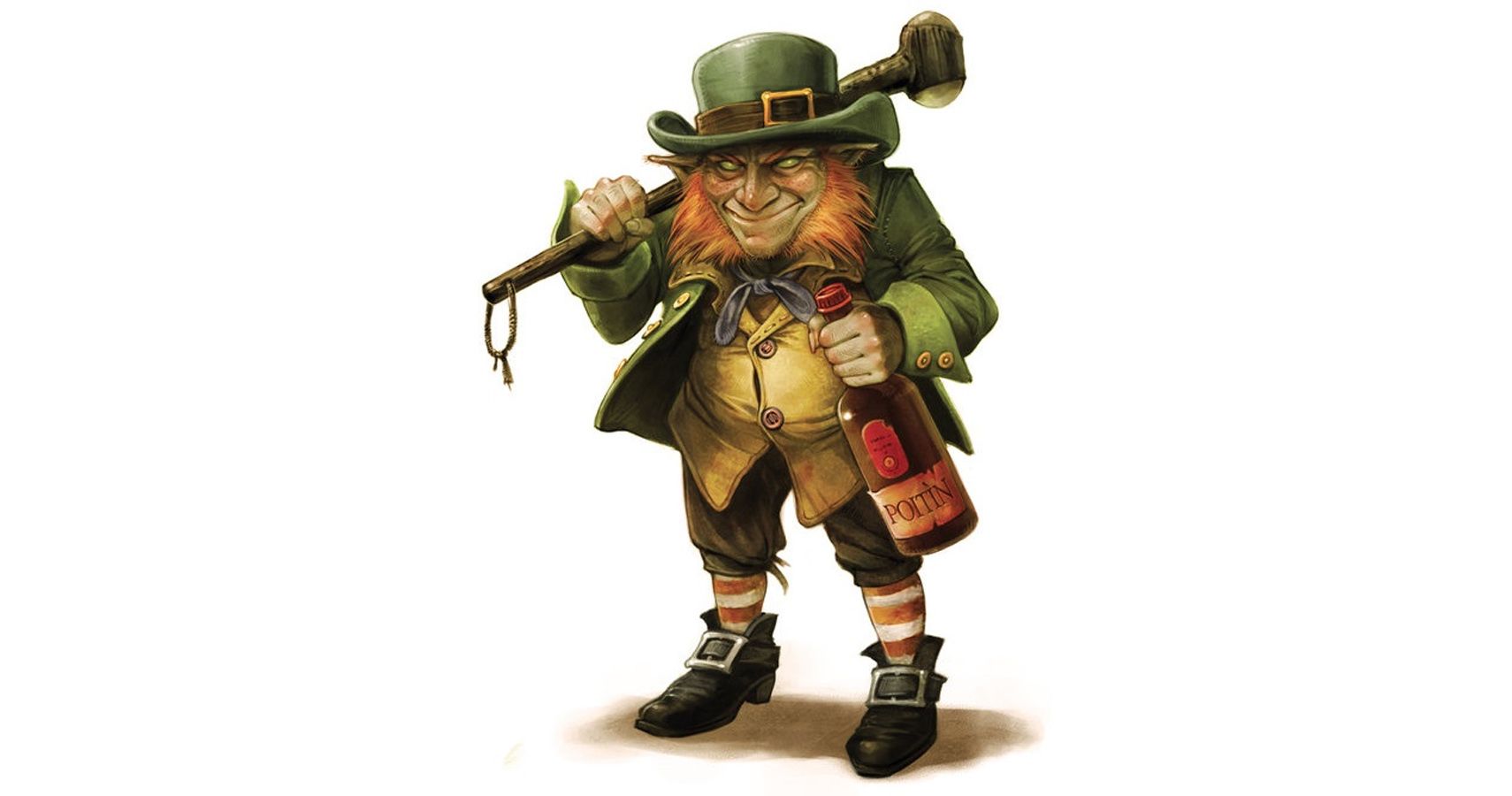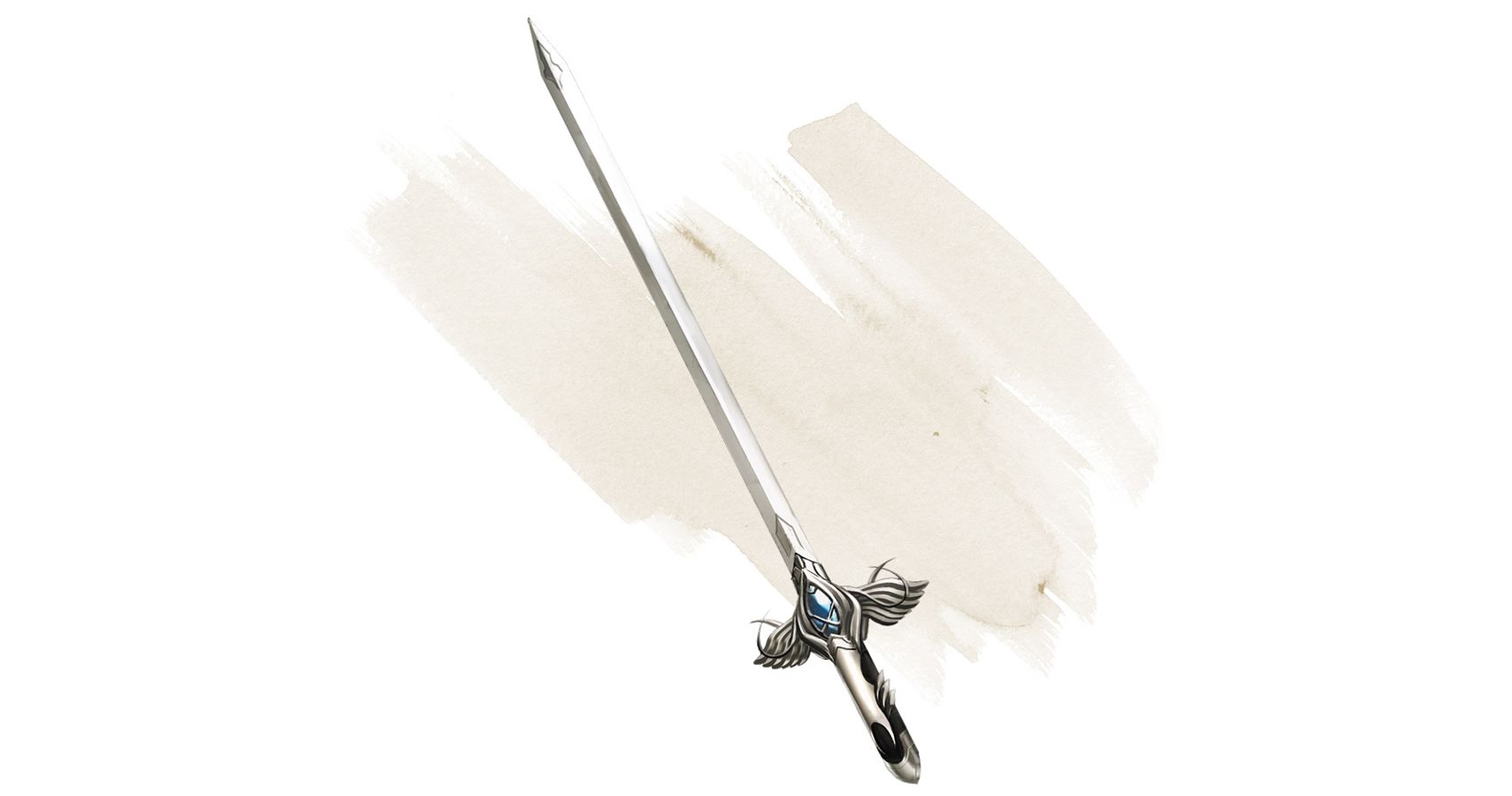In Dungeons & Dragons it is often difficult to decide who can be trusted; a mutliverse filled with mythical beings, magic, and fickle deities definitely muddy the waters. Trusting the wrong NPC can easily spell doom for even the most capable of adventuring parties. Often the most innocuous of NPCs can prove to be the most dangerous. Some of the NPCs in this list might not even want to do the party harm, but nevertheless cause the demise of some, or all, of the party members. So the party needs to be very careful when dealing with any exemplar of these beings/monsters.
10 Halflings
Halflings, as a race, seem to prefer the rogue class above all others. They also have a reputation for trying to teach the “tall folk” a lesson in humility. These two reasons, coupled together, should be enough for the party to not trust any halfling that isn't a player character. Halflings are also quite adept at making friends with powerful beings, so the party should always watch their backs (in some cases literally) when dealing with them. That halfling fence the party has been selling loot to might just be a high-ranking member of the local thieves guild; and has been working with the party only to discover their weaknesses.
9 Priest/Cleric
The party hired an acolyte to travel with them so they are not without a healer. It’s alright because the cleric’s deity is goodly – what could go wrong. In situations such as this it is not the cleric that the party needs to worry about; it is the cleric’s deity. No matter how well the party treats the cleric, his/her loyalty toward their patron god will always come before their loyalty to the party. If the party should find something valuable, be it a magical item or information, that could benefit the cleric’s church, then the party may suddenly discover their healer has turned against them.
8 Imps
These diminutive fiends survive by trying to gain the trust of unsuspecting mortals. They will make themselves seem invaluable at first, but the party should never forget that they will try to corrupt the party members when the opportunity presents itself. Imps can also be surprisingly challenging in a fight as well. Always be careful with dealing with an imp – they are evil to the core. The only instance where trust should be placed with an imp is if one is the familiar of the party’s wizard, and in this instance the imp's loyalty will be to the wizard – not the party.
7 Children
In the D&D setting, not everything is as it seems. That child the party rescued while clearing out a dungeon may be a doppelganger, or a demon/devil, or any of the other evil creatures capable of magically altering their appearance. Even if it is an actual child, he/she could be possessed by a fiend, spirit, or a even be a vampire. The party might soon discover that the child they are escorting to the nearest town was in fact the leader of the evil forces they just vanquished. Lastly, the child might just be evil or mischievous, and delight in putting the party in dangerous situations.
6 Any Of The Fey
The Fey are beings with close ties to nature – usually forests. Examples of fey include; satyrs, fairies, dryads, and leprechauns. Many of the fey races are not outwardly evil, but they are a chaotic group. It is for this reason that it is difficult to ascertain their true motives. Many folktales tell of fey creatures abducting or tricking mortals. The fey races are dangerous opponents in a fight as well. Magic is not the mystery to the fey that it is to mortals, and they often use their magical abilities, and/or their innocent appearance, to lure trusting adventurers to their doom.
5 Intelligent Magic Items
The party should always be wary of intelligent magic items. They often have a hidden purpose that drives their actions, and this purpose seldom aligns with the goals of the party. Even if a party member and an intelligent item share a purpose, such as in the case of a holy sword and a paladin, the item still might decide it wants a better owner. If the item is evil it might pretend to be content with a new owner, but at an opportune moment turn against the party. One never knows when that talking sword might start screaming when the party is trying to sneak by a powerful creature.
4 Kender
Anyone who has read the Dragonlance Chronicles know that kender are not to be trusted. They steal anything they find the least bit interesting. The party might let a kender travel with them, only to wake up and discover the kender has robbed them of several powerful magical items. They are also famous for their ability to taunt opponents. This taunting might be used on something, or someone, that the party has no chance of defeating in a fight. It is in their nature to cause trouble – even if their intentions are pure. With some NPCs it is easy to guess how they might betray the party, but with kender there is just no way to know.
3 Royalty
That frail old king/queen that hired the party may seem harmless, and he/she might indeed be, but the party should never forget the vast resources royalty have at their disposal. In the dangerous realms of D&D the callous rules of survival for royalty laid-out in Machiavelli’s The Prince are even more pertinent. Royalty are also a secretive lot, and if the party learns too much about a member of a royal house while in their service it might become necessary to have the party “disposed of”. Wealthy kings/queens have the gold to hire a powerful archwizard, or even a dragon, to do the disposing for them.
2 Yuan-ti Purebloods
These serpentine servants of Sseth should absolutely never be trusted. They can often appear emaciated and frail, but this belies the danger they can present to an unwary party. Much like the snakes they revere, yuan-ti will wait until the enemy is at their weakest to strike. Yuan-ti purebloods are also devilishly intelligent and have an affinity for manipulating others. Many purebloods are surprisingly competent spellcasters as well; which make them even more dangerous in a fight. It is also extremely rare to encounter a yuan-ti pureblood that is not part of a larger cabal on which they can rely.
1 Innkeepers/Bartenders
Being an innkeeper or bartender in D&D is a dangerous prospect when your patrons might be evil priests or unhinged wizards. The next time your party decides to start trouble in an inn or tavern, be sure to ask the DM about the innkeeper/bartender first. One never knows when the proprietor of the local watering-hole is a retired 20th level fighter with his/her trusty +5 keen flaming longsword of wounding resting behind the bar. Many character sheets have been retired because the party started a bar-fight in the wrong establishment, only to discover the owner’s nick-name is “dragonslayer”.











